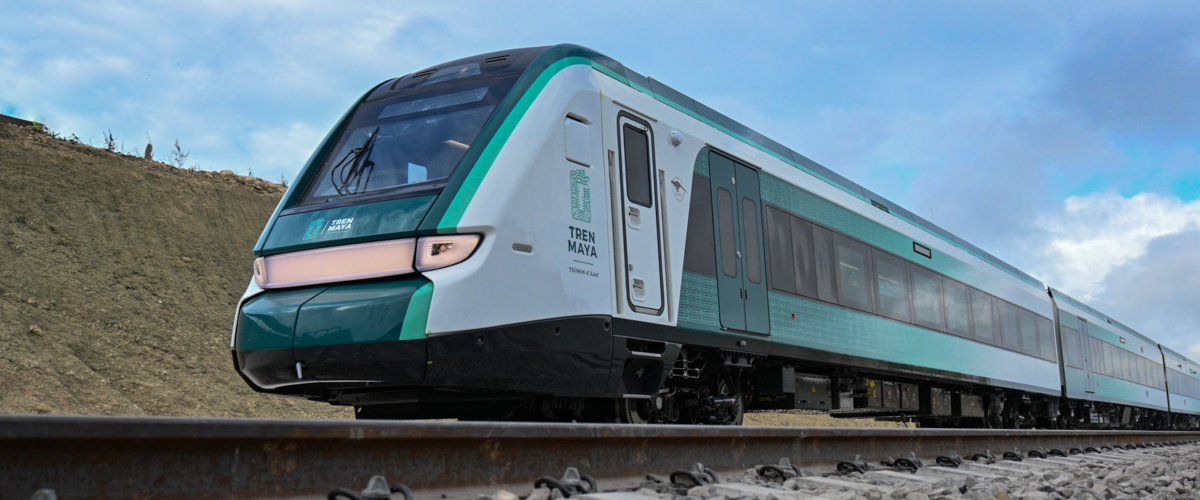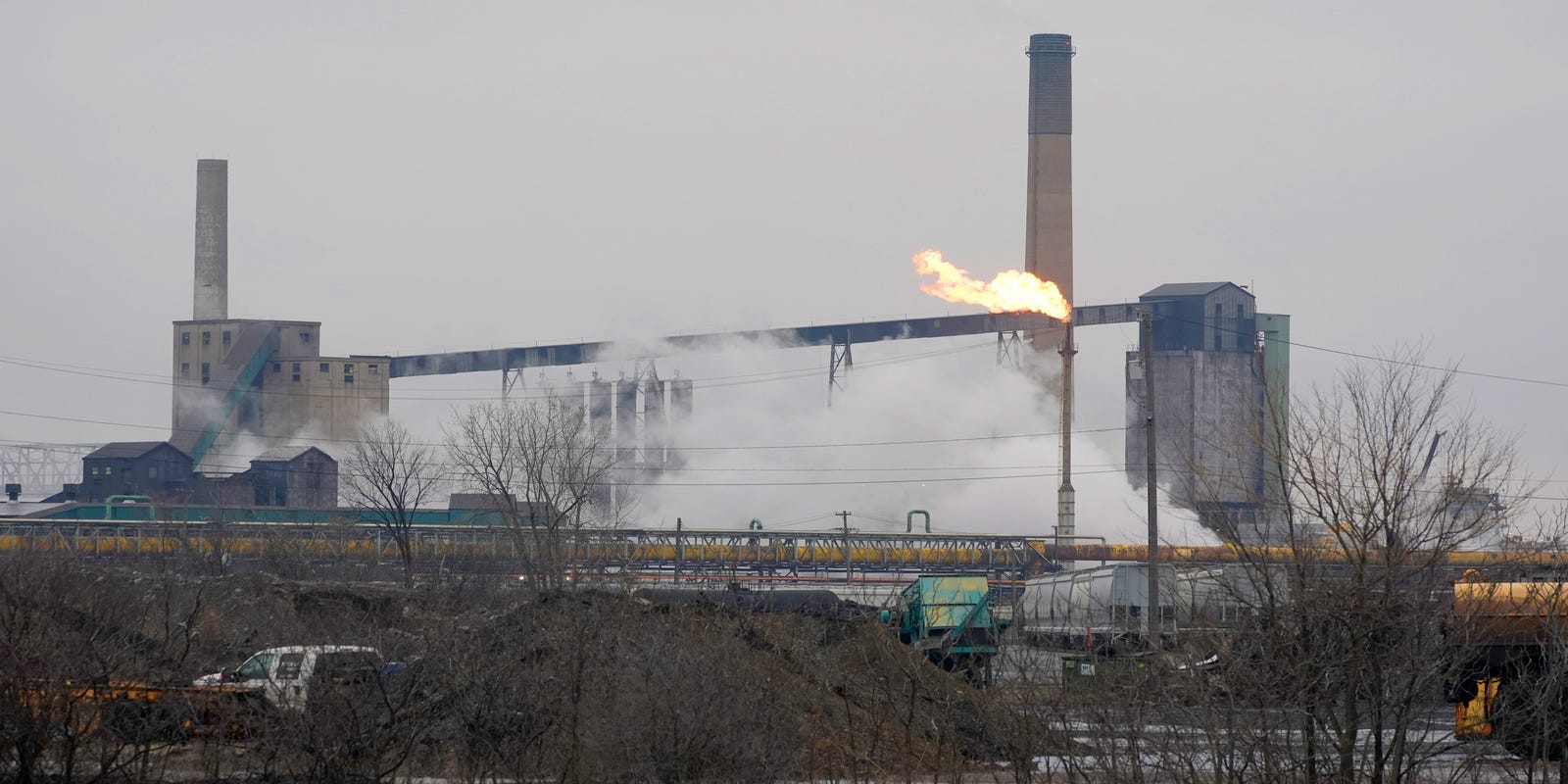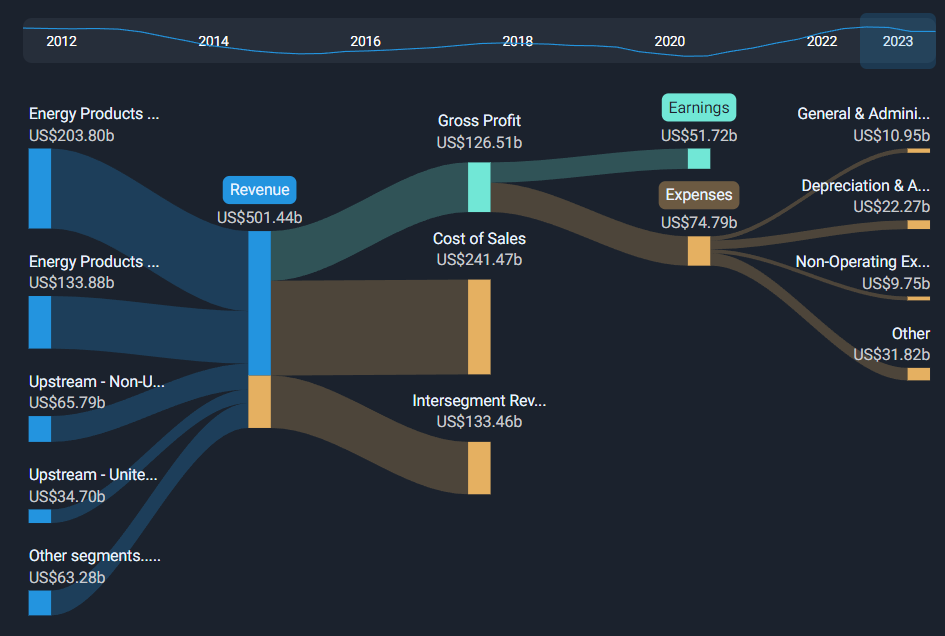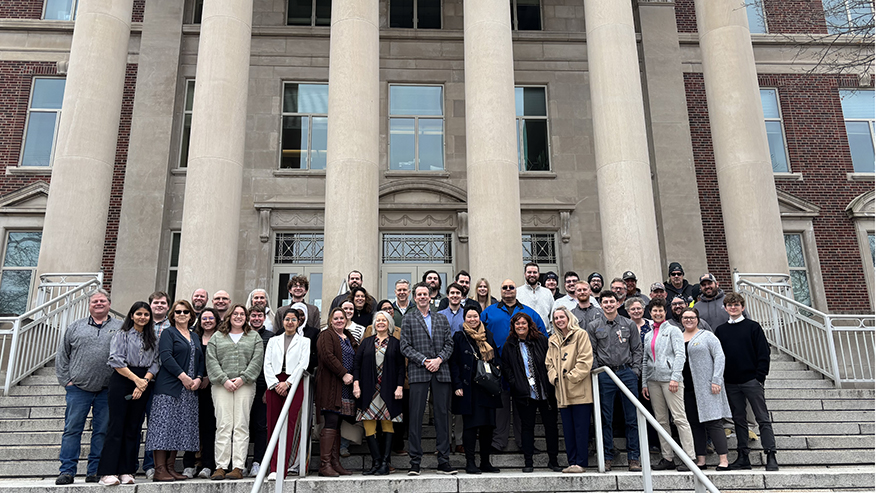Green Tracks: Mexico's Bold Plan to Heal Tren Maya's Ecological Wounds
Environment
2025-04-22 18:29:38Content

In a candid admission of environmental impact, Mexican officials are now confronting the ecological challenges posed by the ambitious Tren Maya railway project. Environment Minister Alicia Bárcena recently addressed the environmental disruption caused by the railway's construction through the lush Yucatán peninsula, signaling a commitment to restoration and conservation.
During a press conference earlier this month, Bárcena outlined the government's proactive approach to mitigating the project's environmental footprint. The focus is on carefully examining and implementing strategies to restore the delicate ecosystem, with special attention to the region's unique cenotes and pristine rainforests that have been affected by the railway's development.
The acknowledgment marks a significant moment of environmental accountability, as officials seek innovative solutions to repair and protect the rich natural landscape of the Yucatán. By recognizing the project's ecological challenges, the government demonstrates a growing awareness of the critical balance between infrastructure development and environmental preservation.
Tren Maya: Unraveling the Environmental Saga of Mexico's Controversial Railway Project
In the heart of the Yucatán peninsula, a transformative infrastructure project has sparked intense environmental debate, challenging the delicate balance between development and ecological preservation. The Tren Maya, a massive railway initiative, has become a focal point of national and international environmental scrutiny, revealing the complex interplay between progress and environmental stewardship.Navigating the Thin Line Between Progress and Ecological Preservation
The Ecological Landscape of the Yucatán Peninsula
The Yucatán peninsula represents one of the most biodiverse regions in North America, characterized by its intricate network of underground water systems, lush rainforests, and unique geological formations. Cenotes, natural sinkholes formed by limestone bedrock collapse, are particularly vulnerable ecosystems that play a critical role in the region's hydrology and biodiversity. These fragile water systems are not merely geological curiosities but complex environmental networks that support numerous species and maintain ecological equilibrium. The Tren Maya project has dramatically disrupted these delicate ecosystems, causing significant alterations to underground water channels, forest structures, and wildlife habitats. Environmental experts have raised substantial concerns about the long-term implications of such extensive infrastructure development in this ecologically sensitive region.Government's Environmental Acknowledgment and Restoration Efforts
In an unprecedented move, Mexican environmental authorities have publicly recognized the substantial ecological impact of the Tren Maya project. Environment Minister Alicia Bárcena's recent press conference signaled a potential shift in governmental approach towards infrastructure development, acknowledging the need for comprehensive environmental mitigation strategies. The government's exploration of restoration techniques represents a critical step in addressing the environmental challenges posed by the railway's construction. Potential restoration strategies include reforestation initiatives, groundwater management programs, and collaborative efforts with ecological experts to develop innovative rehabilitation methodologies.Technological and Scientific Interventions in Ecosystem Restoration
Advanced scientific approaches are being considered to mitigate and potentially reverse the environmental damage caused by the Tren Maya project. Cutting-edge technologies such as drone-based reforestation, genetic mapping of native species, and sophisticated hydrological modeling are emerging as potential solutions to restore the disrupted ecosystems. Researchers are developing comprehensive strategies that go beyond traditional restoration techniques, focusing on creating resilient ecological systems that can adapt to the infrastructure's presence. These approaches involve intricate understanding of local biodiversity, soil composition, and complex ecological interactions.Socio-Economic Implications and Community Engagement
The Tren Maya project extends beyond mere infrastructure development, touching upon complex socio-economic dynamics of the Yucatán region. Indigenous communities, who have been stewards of these lands for generations, are playing increasingly significant roles in environmental conservation and restoration efforts. Community-driven initiatives are emerging, bridging traditional ecological knowledge with modern scientific approaches. These collaborative efforts are crucial in developing holistic restoration strategies that respect both environmental integrity and local cultural practices.Global Context and Environmental Policy Implications
The Tren Maya controversy represents a microcosm of broader global challenges in balancing infrastructure development with environmental conservation. This project has drawn international attention, serving as a potential case study for sustainable development practices in ecologically sensitive regions. Policy makers and environmental experts worldwide are closely observing Mexico's approach, recognizing that the strategies developed here could potentially inform similar infrastructure projects globally. The transparent acknowledgment of environmental challenges and proactive restoration efforts set a precedent for responsible development.RELATED NEWS
Environment

Green Betrayal: How EU's New Sustainability Laws Could Undermine Rights and Nature
2025-02-26 18:42:36
Environment

Scorching Survival: What You Need to Know Before the Heat Wave Strikes
2025-04-27 17:09:18
Environment

Plastic Bag Blues: Richmond's Green Crackdown Targets Waste and Balloons
2025-04-11 02:07:25





